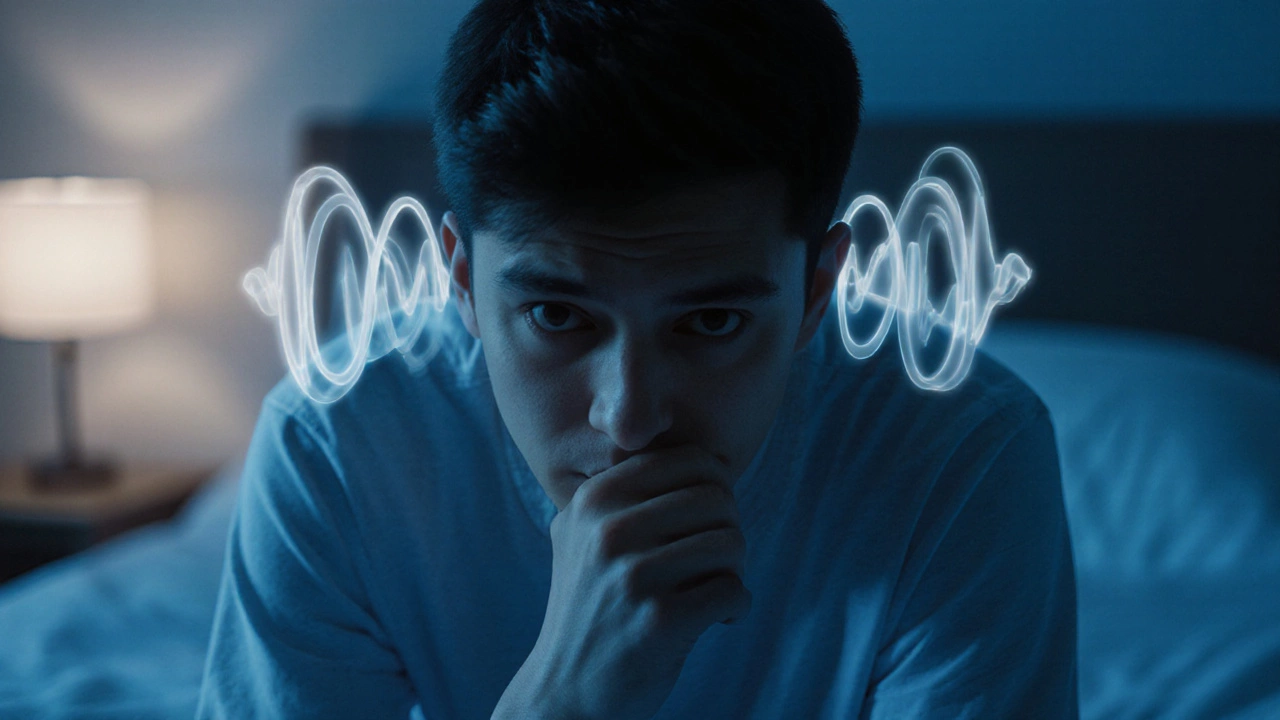Schizophrenia Symptoms: Signs, Causes, and What to Do Next
When someone has schizophrenia, a chronic mental health condition that affects how a person thinks, feels, and behaves. Also known as psychotic disorder, it doesn’t mean split personality—it means the brain’s ability to process reality gets disrupted. People with schizophrenia often hear voices others don’t, believe things that aren’t true, or withdraw from friends and family. These aren’t choices or weaknesses. They’re symptoms of a medical condition, just like diabetes or high blood pressure.
Schizophrenia symptoms usually show up in late teens or early adulthood. The first signs aren’t always dramatic. Someone might stop showering, lose interest in hobbies, talk in confusing ways, or seem distant even when surrounded by people. They might believe neighbors are watching them, or that TV shows are sending them secret messages. These are called delusions, false beliefs that don’t change even when proven wrong. Hallucinations, seeing, hearing, or feeling things that aren’t there—especially voices arguing or giving commands—are the most common. Many people also struggle with flat emotions, speaking little, or moving slowly. These are called negative symptoms, and they’re often the hardest to recognize because they look like laziness or depression.
What causes schizophrenia? It’s not one thing. Genetics play a role—if a close relative has it, your risk goes up. Brain chemistry, especially dopamine and glutamate, is out of balance. Stress, drug use (especially marijuana in teens), and even prenatal infections can trigger it in people who are already vulnerable. In India, stigma still stops many from seeking help. Families might think it’s a spiritual issue or bad luck. But modern medicine has clear tools: antipsychotic medications, drugs that help restore brain chemistry and reduce hallucinations and delusions, combined with therapy and social support, can let people live full, stable lives.
You won’t find miracle cures in the posts below. But you will find real stories, practical advice, and science-backed info about how schizophrenia shows up, how treatment works, and what families in India are doing to cope. Some posts talk about early warning signs others miss. Others explain how meds help—or don’t. There’s advice on talking to doctors, managing side effects, and finding support when resources are limited. This isn’t about fear. It’s about understanding what’s real, what’s treatable, and how to move forward—step by step.
Three Key Warning Signs of Schizophrenia You Shouldn’t Miss
Learn the three early warning signs of schizophrenia, why they matter, and how to act fast. Get clear steps for detection, professional help, and support.
read more
